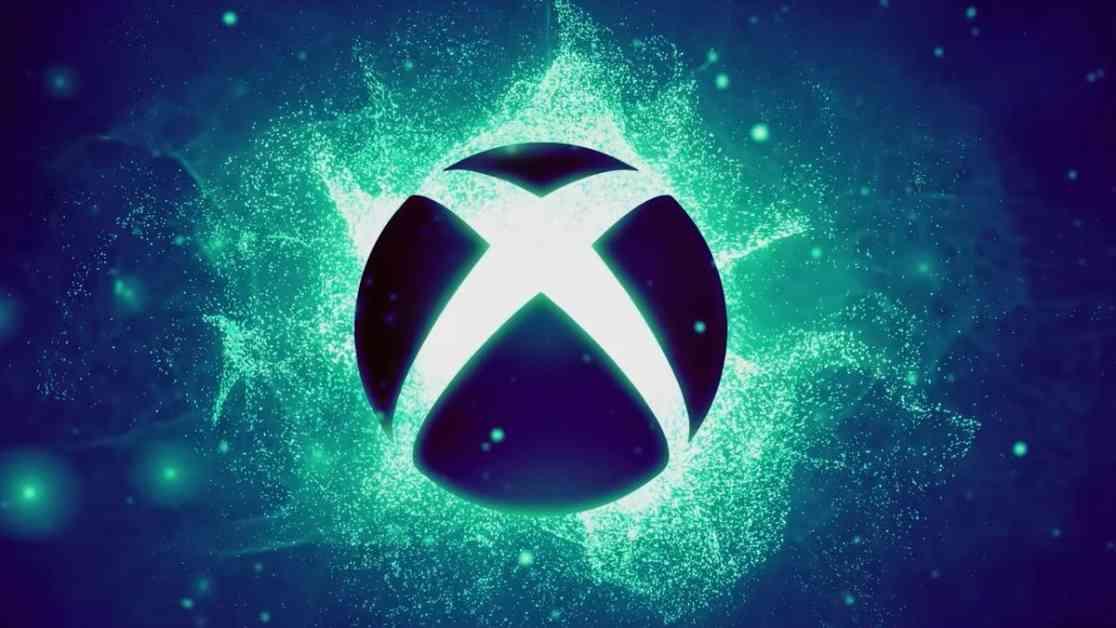On Wednesday, the Federal Trade Commission criticized Microsoft’s recent price changes to Xbox Game Pass, stating that it is evidence of the negative impact of its merger with Activision Blizzard on consumers. The FTC has been appealing last year’s decision to allow the merger, arguing that it would harm competition in the gaming industry and ultimately hurt customers. In a new letter filed with the U.S. Court of Appeals for the Ninth Circuit, the agency highlighted Microsoft’s decision to discontinue Game Pass for Console for new and lapsed subscribers, replacing it with a more expensive “Standard” bundle that does not include day-one releases like Call of Duty: Black Ops 6.
The FTC pointed out that this move forces consumers to subscribe to the more expensive Game Pass Ultimate, priced at $20 a month, in order to access all Game Pass games. The agency also referenced Microsoft’s previous statement during the trial last year, where the company assured that adding Activision Blizzard’s games to Game Pass would not result in price increases. However, the recent price hike contradicts this statement, raising concerns about Microsoft’s commitment to consumer welfare post-merger.
Furthermore, the FTC highlighted Microsoft’s layoffs of nearly 2,000 employees across the newly acquired teams earlier this year as evidence of reduced investments in output and product quality. The agency argued that these actions, combined with the price increases and product degradation, indicate a firm exerting market power post-merger. The letter concluded by emphasizing the importance of fully evaluating the competitive effects of mergers and the need for skepticism towards promises that are inconsistent with a company’s economic incentives.
As the appeal process continues, it remains uncertain when a final decision will be reached. If Microsoft were to lose the appeal, the consequences could be significant and potentially chaotic. The situation surrounding Game Pass and the overall impact of the merger would likely become even more convoluted.
Overall, the FTC’s criticism of Microsoft’s handling of Xbox Game Pass post-merger raises important questions about the impact of corporate consolidation on consumers and competition within the gaming industry. It serves as a reminder of the need for thorough evaluation and oversight when it comes to major mergers and acquisitions in order to protect consumer interests and promote fair competition.





















